Thinking of Getting Bobcats As Pets? Find Out If It’s A Good Idea!

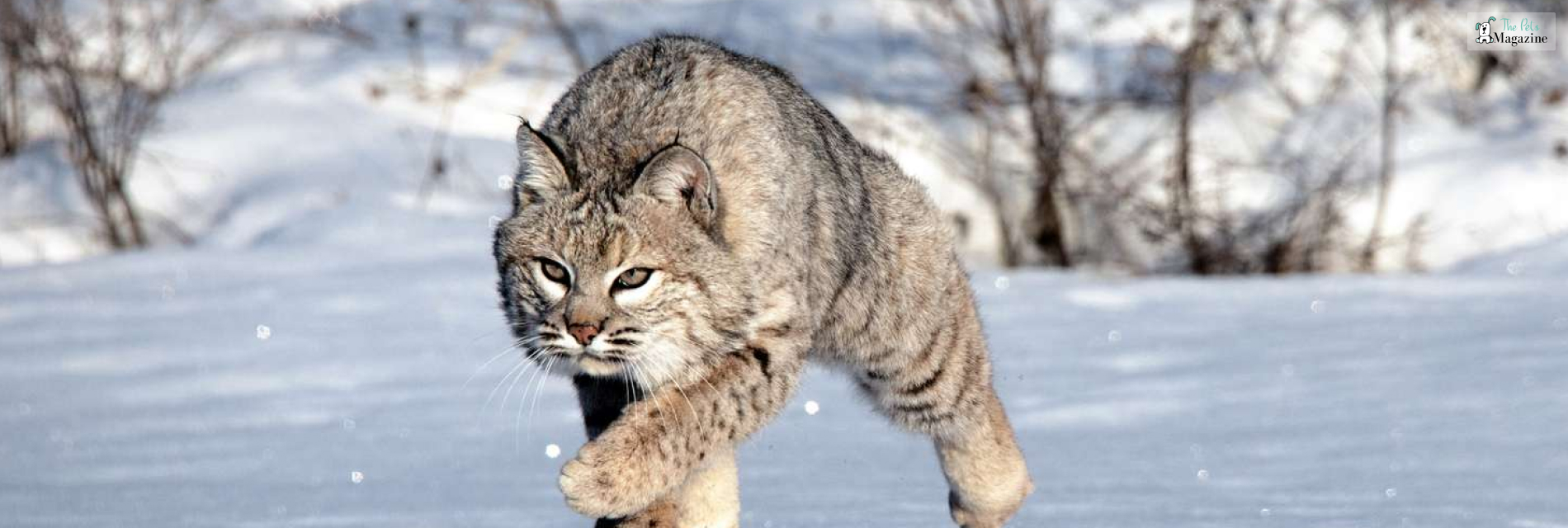
Bobcats are medium-sized wild cats primarily found in North America. They are known for their unique appearance, characterized by their short tail and tufted ears.
In terms of physical characteristics, bobcats have a muscular build with a stout body. They typically weigh between 15 to 30 pounds, with males being larger than females. Their fur varies in color, ranging from light gray to reddish-brown, with dark spots or stripes.
Bobcats are highly adaptable and can thrive in various habitats, including forests, deserts, and swamps. They are lone animals that mark their territory using scent markings and vocalizations, which are unique to each individual. Due to their elusive nature, bobcats are primarily nocturnal, making them more active during the night.
These wildcats are known for their agility and hunting skills. They are skilled predators that primarily feed on small mammals like rabbits, squirrels, and birds. Their keen eyesight and hearing contribute to their success as hunters.
Despite their wild nature, some efforts have been made to domesticate bobcats. These domesticated bobcats may exhibit behaviors similar to that of domestic cats, such as seeking human companionship and showing affection. However, it is important to note that even domesticated bobcats will retain some of their wild instincts.
In the following sections, we will explore the pros and cons of keeping bobcats as pets in more detail. This will provide a deeper understanding of the challenges and rewards associated with owning these fascinating animals.
The Pros of Keeping Bobcats as Pets
While keeping a bobcat as a pet may sound enticing to some, it is important to consider the potential advantages and disadvantages beforehand. In this section, we will explore the pros of keeping bobcats as pets.
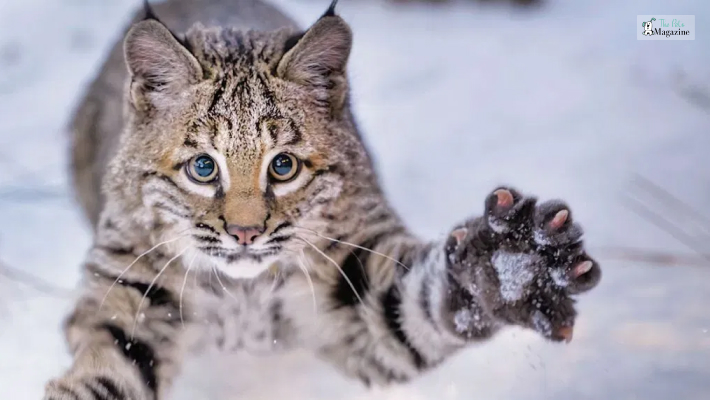
Unique Looks
One of the main advantages of owning a bobcat as a pet is their extraordinary beauty. With their unique spotted coats and striking amber eyes, bobcats can be quite an attractive addition to your household. Their regal appearance can certainly make them an interesting conversation starter and a source of pride for their owners.
Highly Intelligent Animals
Another pro of owning bobcats is their unique intelligence and ability to adapt. These wild felines are incredibly clever and observant, which can make their interaction with humans all the more intriguing. They possess a keen sense of curiosity and are quick learners, making them ideal for owners who enjoy training and engaging with their pets.
Extremely Agile Animals
Furthermore, bobcats have an innate grace and agility that few other domesticated animals can match. Whether it’s watching them gracefully pounce on prey or seeing them effortlessly climb trees, the athleticism of these creatures can be both mesmerizing and awe-inspiring.
However, it’s crucial to remember that while some people may find these attributes appealing, there are also numerous cons to consider before deciding to keep a bobcat as a pet. To gain a comprehensive understanding of the topic, let’s explore the potential drawbacks in the next section. Stay tuned!
Read Also: Why My Dog Is Shaking And Acting Weird All Of A Sudden? Here’s How You Can Make Them Feel Better!
The Cons of Keeping Bobcats as Pets
While the idea of having a bobcat as a pet may seem alluring, it is important to acknowledge the potential drawbacks as well. Before diving into the cons of keeping bobcats as pets, it is vital to remember that these animals have unique needs and behaviors that can make them challenging to care for in a domestic setting.
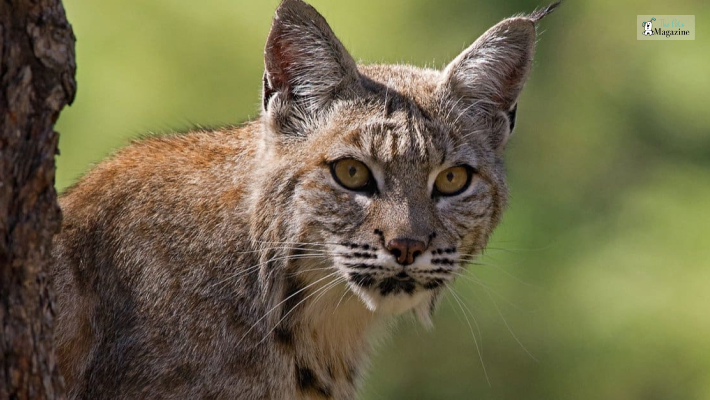
Legal Aspect of Owning a Bobcat
One key consideration is the legal restrictions on owning a bobcat. Depending on your location, acquiring the necessary permits and licenses to keep a bobcat may be a complex and time-consuming process. It is crucial to research and understand the laws and regulations in your area before pursuing ownership.
Bobcats require a lot of living space
The space required to accommodate a bobcat is another significant con. These creatures are highly active and require a large enclosure that allows for ample exercise and exploration. Providing them with a suitable habitat can be costly and requires careful planning and construction.
Their Predatory Instincts may not make them a good house
Bobcats have strong predatory instincts. While domestication efforts have made some progress in reducing these traits, it is essential to remember that they are still fundamentally wild animals. Their instinct to hunt and mark territory may pose a risk to other pets, livestock, and even humans.
Unique Dietary Requirements
To ensure the health and well-being of Bobcats, their specific dietary need should be met. Their diet consists primarily of raw meat, and sourcing appropriate food can be both expensive and time-consuming. Additionally, owning a bobcat requires a deep understanding of their dietary requirements and the ability to meet those needs consistently.
Long Lifespan
The long lifespan of bobcats is another factor to consider. On average, bobcats can live up to 15 years in captivity. This extended lifespan means a long-term commitment to their care, including providing proper veterinary attention and meeting their physical and emotional needs for an extended period.
In conclusion, while keeping a bobcat as a pet may have its appeal, there are various cons that should be taken into consideration. These include legal restrictions, the need for a spacious enclosure, predatory instincts, specialized dietary needs, and a long-term commitment.
Conclusion
Owning a bobcat can be a unique and captivating experience, but it is essential to carefully consider the advantages and disadvantages before making such a decision.
On the positive side, bobcats possess a certain mystique that can be intriguing for some pet owners. Their beauty and natural grace make them alluring companions.
However, it is crucial to acknowledge the challenges that come with owning a bobcat. Their wild instincts can make them unpredictable and potentially dangerous, especially when they feel threatened or stressed.
These animals also require specialized care, including a spacious and secure outdoor enclosure to mimic their natural habitat. Furthermore, obtaining legal permits and licenses can be a complex process that varies by jurisdiction.
As the decision to keep a bobcat as a pet carries significant responsibility, prospective owners must thoroughly research and understand the legal, financial, and ethical implications involved. Most importantly, the well-being and safety of both the owner and the bobcat should be the utmost priority.






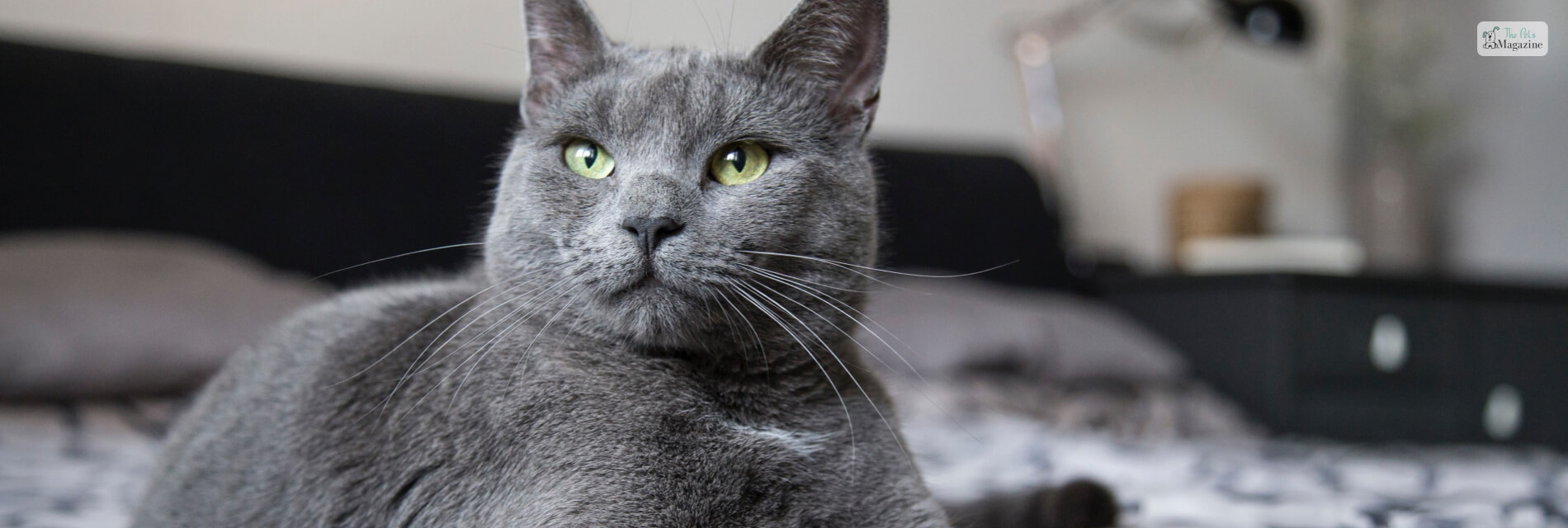
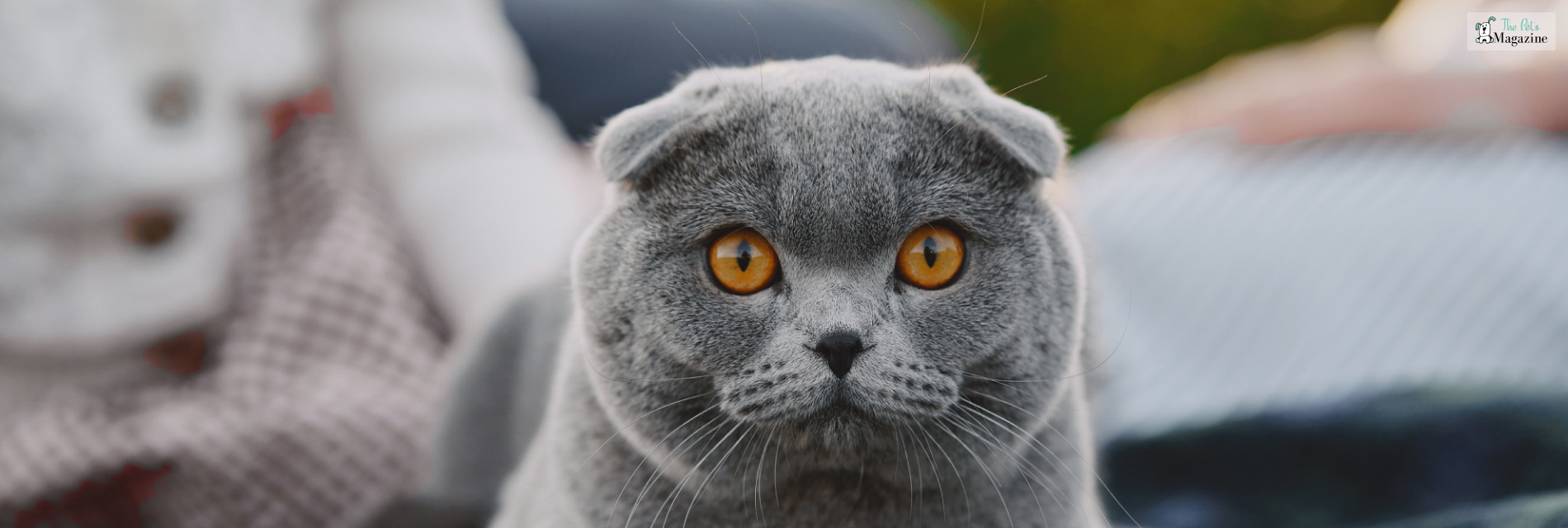
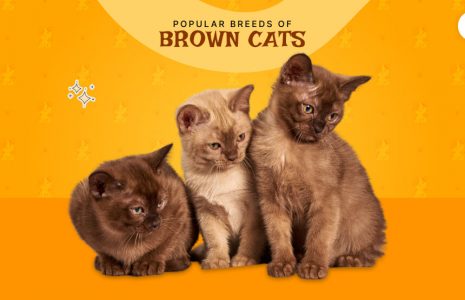
Leave A Comment